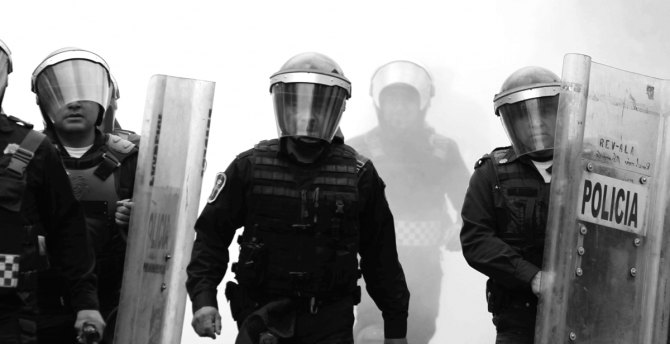Judicial reforms in Mexico need more robust protections for the rights of the accused
- Date:

Mexico passed new judicial reforms in 2008 that aimed to expedite court cases and protect due process rights, but a new review of more than 1 million cases between 2010 and 2014, by Atlas Network partner México Evalúa, shows that although legal proceedings are indeed shorter today than they used to be, the reforms have not led to a greater respect for the rights of the accused.
Shortened procedures have allowed 76.9 percent of cases to be resolved within 30 days, 61 percent end before going to trial with plea bargains and reduced sentences, 11.7 percent are resolved through alternative means such as victim restitution, and only 3.6 percent end in a full trial.
“Unfortunately, the defense does not necessarily intervene at the right time and have the required quality,” said Maximo Langer, UCLA law professor and study co-author (translated from Spanish). “Thus, in 76.9 percent of cases, the lawyer did not provide any evidence during the investigation stage and an additional 86.2 percent of the cases did not provide remedies against measures taken by the judge.”
The study found that judges in Mexico still tend to side with police and prosecutors, rarely questioning the validity of detentions or the plausibility of accusations, and turning a blind eye to injuries sustained by prisoners. Although most defendants are now provided with defense attorneys, this provision often happens late in the process.
“Finally, a particularly troubling finding is the use of preventive detention in most cases and in circumstances suggesting that there is an excessive use of this precautionary measure,” the study concludes (translated from Spanish). “This means that the system penalizes before a determination of guilt, a practical feature of the unreformed Mexican criminal justice system, violating the presumption of innocence in accordance with international standards.”